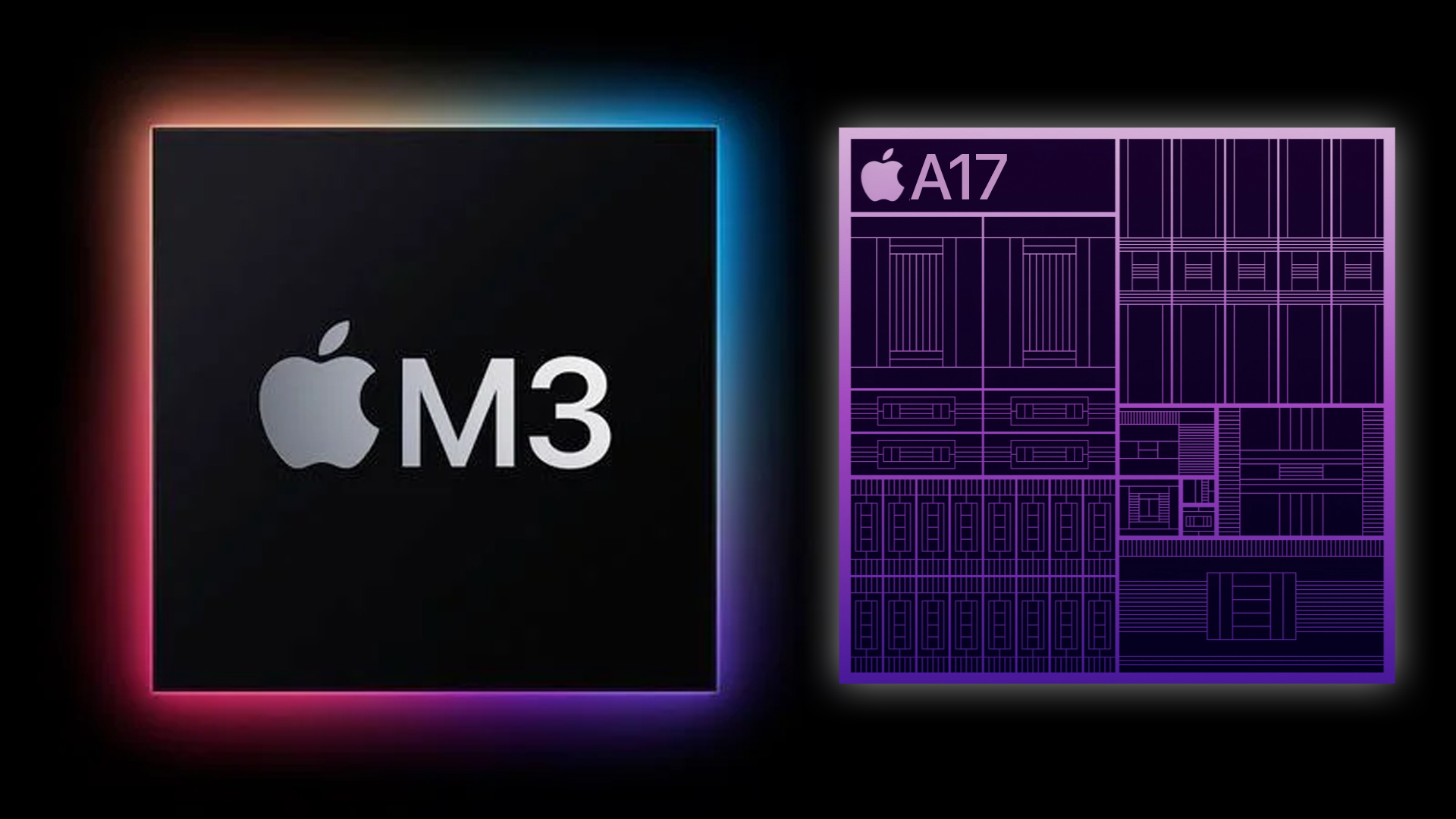We’ve just got the clearest view yet on the chipset that will be powering the iPhone 15 Pro, and to paraphrase Steve Jobs, it’s a screamer.
But even though this leak from Unknownz21 on X shows that a lot of the physical specifications will remain the same as last year’s chip, there are some key differences that make me confident we’re looking at the fastest smartphone chip on the planet.
More powerful, but also not?

We already know some key details about A17 Bionic, such as it being the world’s first phone chip to be built using TSMC’s 3nm process. However, this is the first proper look we’ve had at the specs of this chip.
| Chip | A17 Bionic | A16 Bionic | Qualcomm Snapdragon 8 Gen 2 |
|---|---|---|---|
| Clock speed | 3.70GHz | 3.46GHz | 3.2 to 3.36GHz |
| CPU cores | 6 | 6 | 8 |
| GPU cores/GPU | 6 | 6 | Qualcomm Adreno 730 |
| RAM | 6GB LPDDR5 | 6GB LPDDR5 | Up to 16GB LPDDR5 |
| Chip manufacturing process | 3nm | 4nm | 4nm |
Given the fact Apple has made all the transistors and cores smaller on this chip, it feels a little odd that the company is sticking with the same core count as last year’s chip. But the increased clock speed will see the iPhone 15 Pro speed up nicely.
This leak also reveals that we’ll see A17 in the standard iPhone 16 next year too. One thing we’re a little concerned about is whether the increased manufacturing costs will contribute to a potential price increase.
Outlook
So why am I so confident this will be a faster, more performant phone than Android phones with Snapdragon 8 Gen 2 — a chipset with more cores? It all comes down to that 3.7GHz speed, and the fact that Apple seems to be a wizard when it comes to extracting every drip of power potential from its silicon.
Not only that, but the 3nm process essentially guarantees better efficiency, with is further bolstered by the rumors of increased battery capacity. We’ll know for sure when Apple’s September event rolls around.
 notebook.co.id informasi dan review notebook laptop tablet dan pc
notebook.co.id informasi dan review notebook laptop tablet dan pc